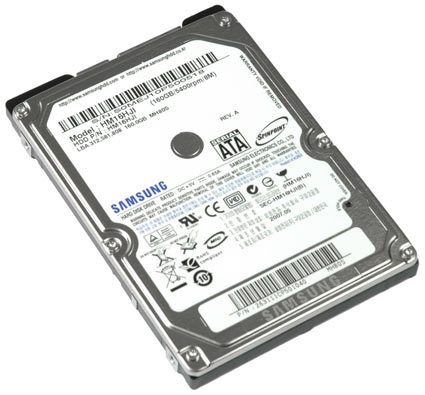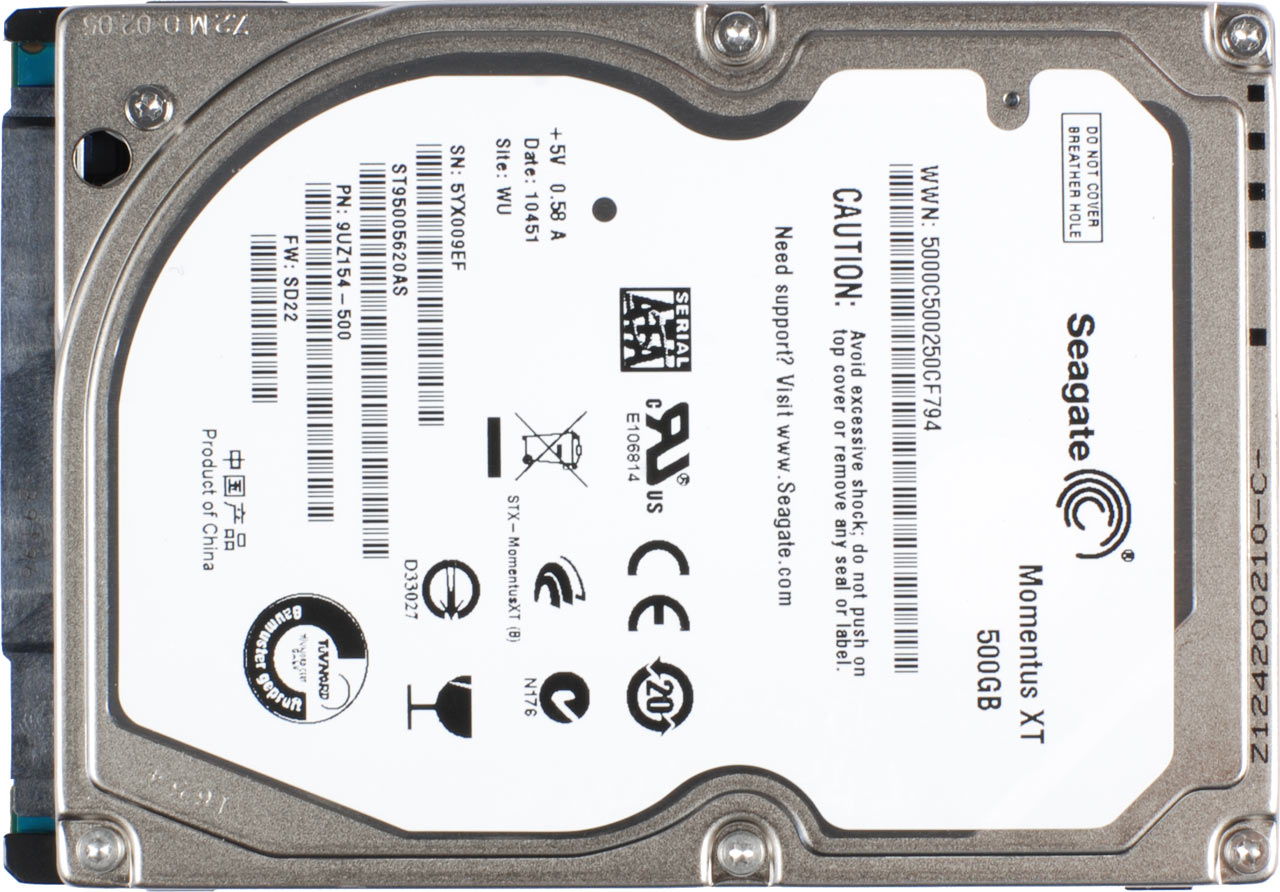SSD Caching (Without Z68): HighPoint's RocketHybrid 1220
Intel plans to offer its SSD caching functionality on the upcoming desktop Z68 platform, and only that platform. HighPoint’s RocketHybrid solution claims to achieve the same functionality, and it’s available as a PCI Express add-in card for only $59.
Hybrid Storage Concepts
The storage industry continues to improve performance by using different caching concepts. The built-in memory on hard drives has not changed a lot in recent years, but many SSD designs utilize a DRAM buffer to optimize write operations across various channels of flash memory.
In 2007, Samsung introduced first H-HDDs or hybrid hard drives. The technology was based on Microsoft’s ReadyDrive technology. It required H-HDDs to come with an additional, non-volatile flash memory implementation. In the case of the first (and only) drive we received for review, Samsung's MH80, the operating system could work with 256 MB flash memory as an additional cache. Unfortunately, this H-HDD concept was never successful.
It was probably too early for the H-HDD idea. Or, you could blame Windows Vista, which wasn’t a popular operating system for different reasons. Be that as it may, the idea of caching hard drive data onto faster on-board memory is certainly attractive. On one hand, there is a large amount of system data that is often required for an operating system or commonly-used application to function, and it does not change very much. Increasing a disk drive’s physical DRAM data buffer is one option. But, in the end, the information still has to be copied from magnetic platters into on-drive cache.
Seagate was the only other company (after Samsung’s failed H-HDD attempt) to resurrect the hybrid idea. However, it did so by designing its own hybrid storage concept that operates independent of the operating system. The Momentus XT is a 7200 RPM, 500 GB hard drive that comes with 4 GB of flash memory. This non-volatile cache is entirely managed by the drive. In our Momentus XT review, we found that the drive had quite a bit of performance potential.
Both the upcoming Intel Z68 Express chipset and HighPoint’s RocketHybrid 1220 card introduce optional hard drive caching through any SSD device. All you need is to install a physical hard drive, which will give you up to 3 TB capacity today, and an additional flash-based SSD.
Get Tom's Hardware's best news and in-depth reviews, straight to your inbox.
Current page: Hybrid Storage Concepts
Prev Page HighPoint’s SSD Caching, Explored Next Page HighPoint RocketHybrid 1220
